SC upholds Aadhaar-PAN linkage, but exempts those without Aadhaar for now
Fri 09 Jun 2017, 23:42:56
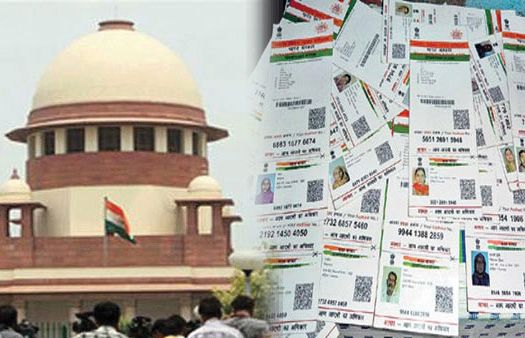
The Supreme Court on Friday upheld the validity of linking Aadhaar with Permanent Account Number (PAN). However, it exempted those who do not have Aadhaar from mandatorily getting one till it decides on whether it is a violation of privacy.
The court issued a “partial stay” on the implementation of Section 139AA of the Income Tax Act, which makes the possession of Aadhaar card necessary on or after July 1, 2017 for the continuing validity of an existing PAN and filing income tax returns.
A Bench of Justices A.K. Sikri and Ashok Bhushan exempted citizens without Aadhaar card from the ambit of Section 139AA.
The court also exempted those who have enrolled for Aadhaar but not got hold of one from the provision’s ambit.
Advising Parliament to “tone down” Section 139AA, the court said invalidation of PANs and restricting people from filing income tax returns would have “very severe consequences”.
Both these categories of persons - those who do not have Aadhaar and those who have enrolled but not got possession of Aadhaar - can continue to file their income tax returns. Their PAN will continue to be valid till a Constitution Bench of the Supreme Court decides on the pending question whether Aadhaar scheme itself is a violation of the right to privacy
under Article 21 of the Constitution.
under Article 21 of the Constitution.
This judgment may thus act as an impetus for the government to push the Supreme Court to set up a Constitution Bench and decide early on the issue whether Aadhaar violates Article 21 and privacy.
The issue was referred to a Constitution Bench in 2015 and is still hanging fire.
The Bench, however, said that citizens who already have Aadhaar will have to link the same with their PAN. Over 95% of the population - 115 crore - already have Aadhaar.
The court said that Section 139AA will not have any retrospective effect or affect past income transactions. In short, this means that those who have already filed their income tax returns will not be touched.
The court rejected the contentions of the petitioners that Section 139AA is discriminatory and an unreasonable restriction on the right to profession and trade.
Noting that the government’s objective to introduce Section 139AA is laudable and is meant to end the scourge of fake PANs, Justice Sikri said the provision was neither discriminatory nor an unreasonable restriction.
The court also rejected arguments that linking of PAN and Aadhaar should be voluntary. It said there was no conflict between Section 139AA and the Aadhaar Act.
No Comments For This Post, Be first to write a Comment.
Most viewed from National
Most viewed from World
AIMIM News
Latest Urdu News
Most Viewed
May 26, 2020
Which Cricket team will win the IPL 2025 trophy?
Latest Videos View All
Like Us
Home
About Us
Advertise With Us
All Polls
Epaper Archives
Privacy Policy
Contact Us
Download Etemaad App
© 2025 Etemaad Daily News, All Rights Reserved.

.jpg)
.jpg)
.jpg)
.jpg)
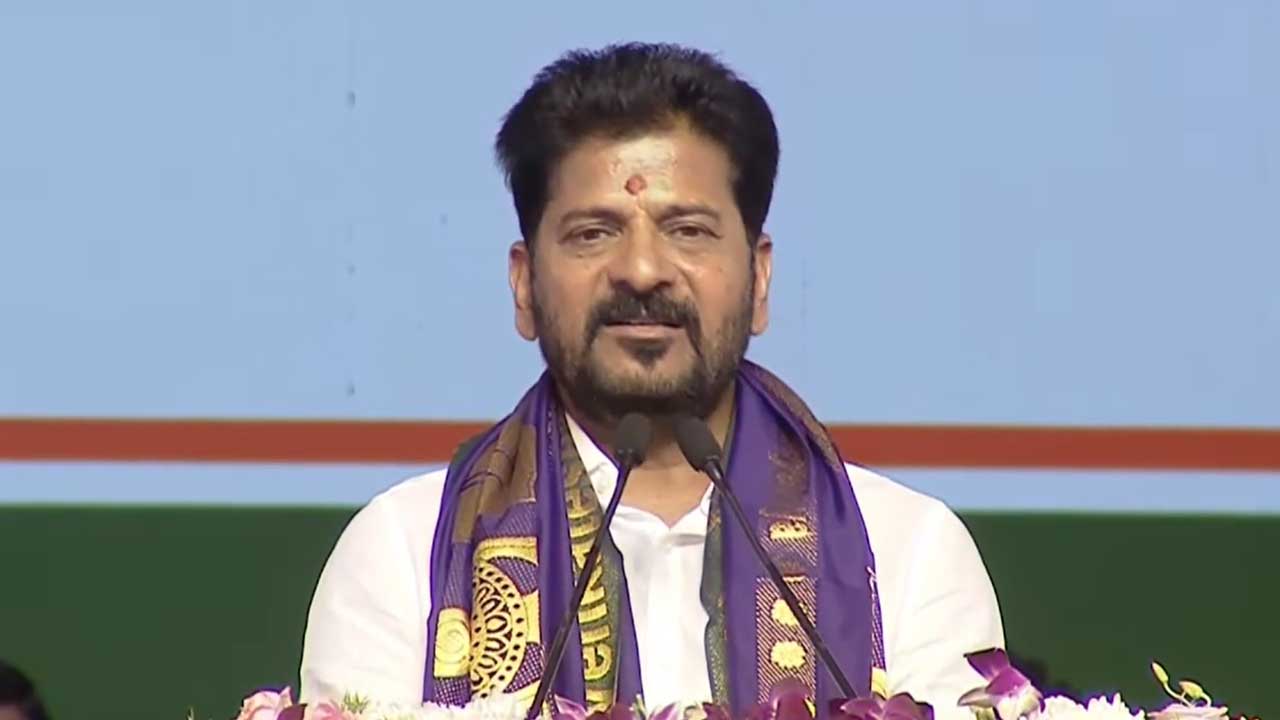

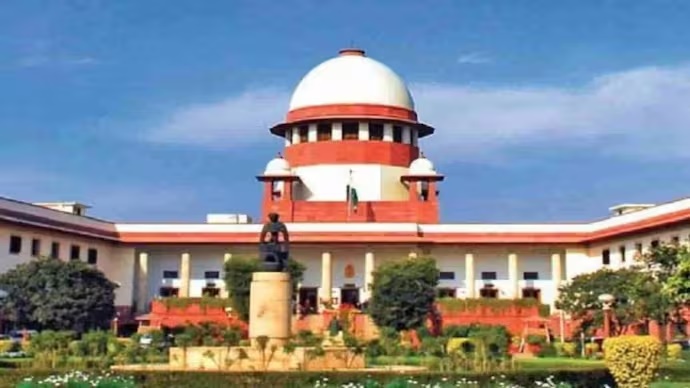
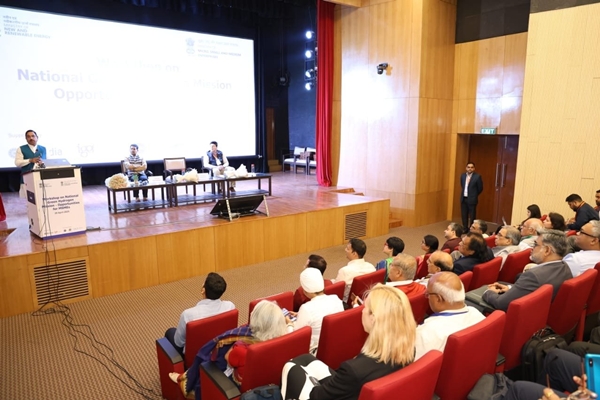
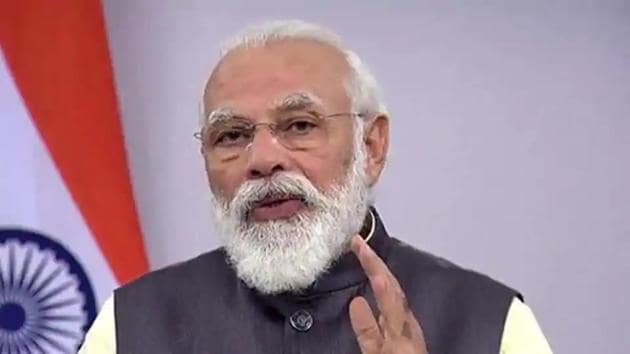
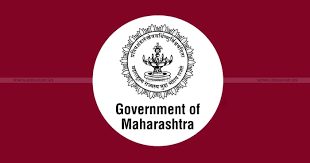


.jpg)
.jpg)
.jpg)
.jpg)
.jpg)
.jpg)
.jpg)
.jpg)
.jpg)
.jpg)
.jpg)
.jpg)

















